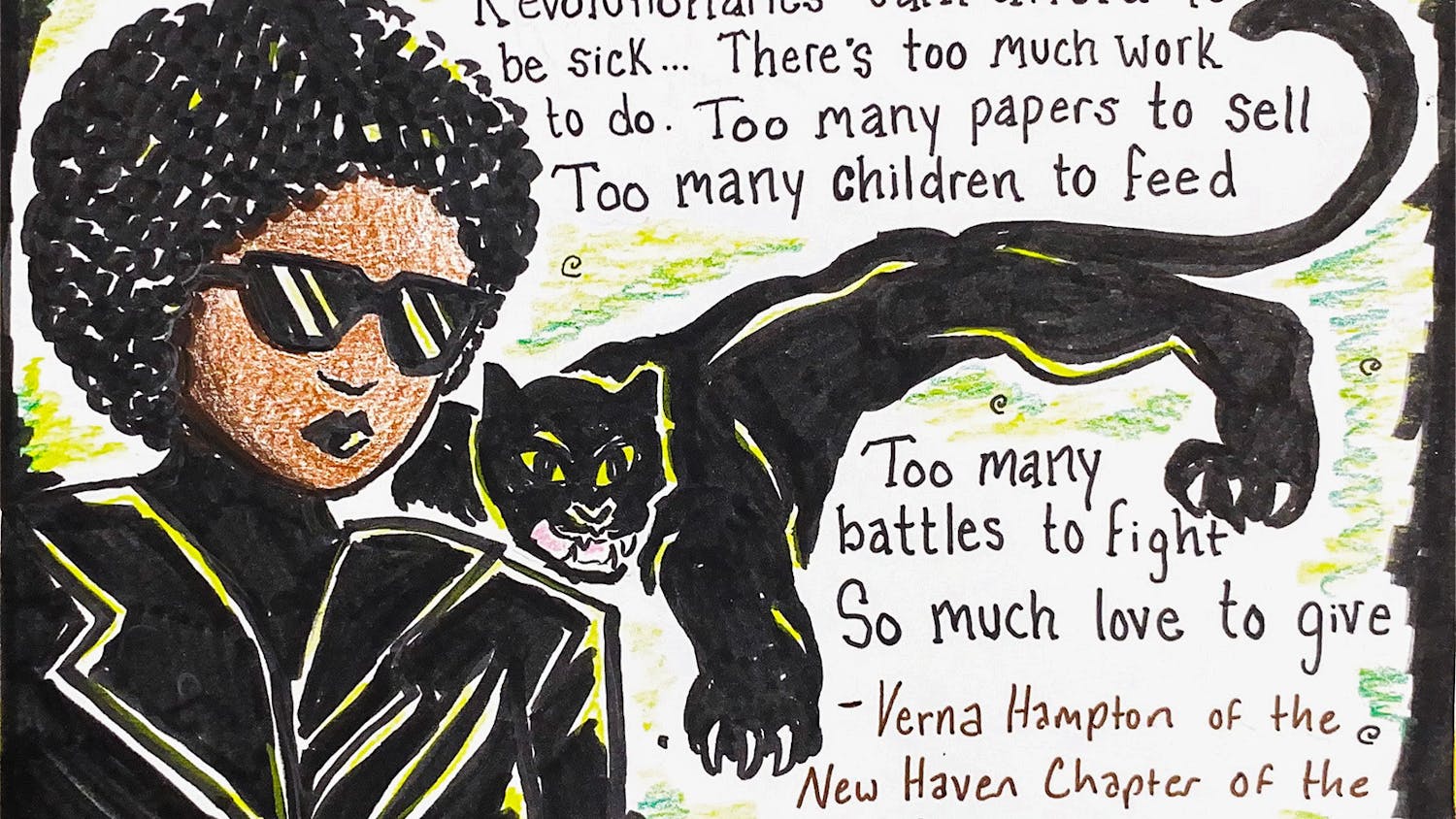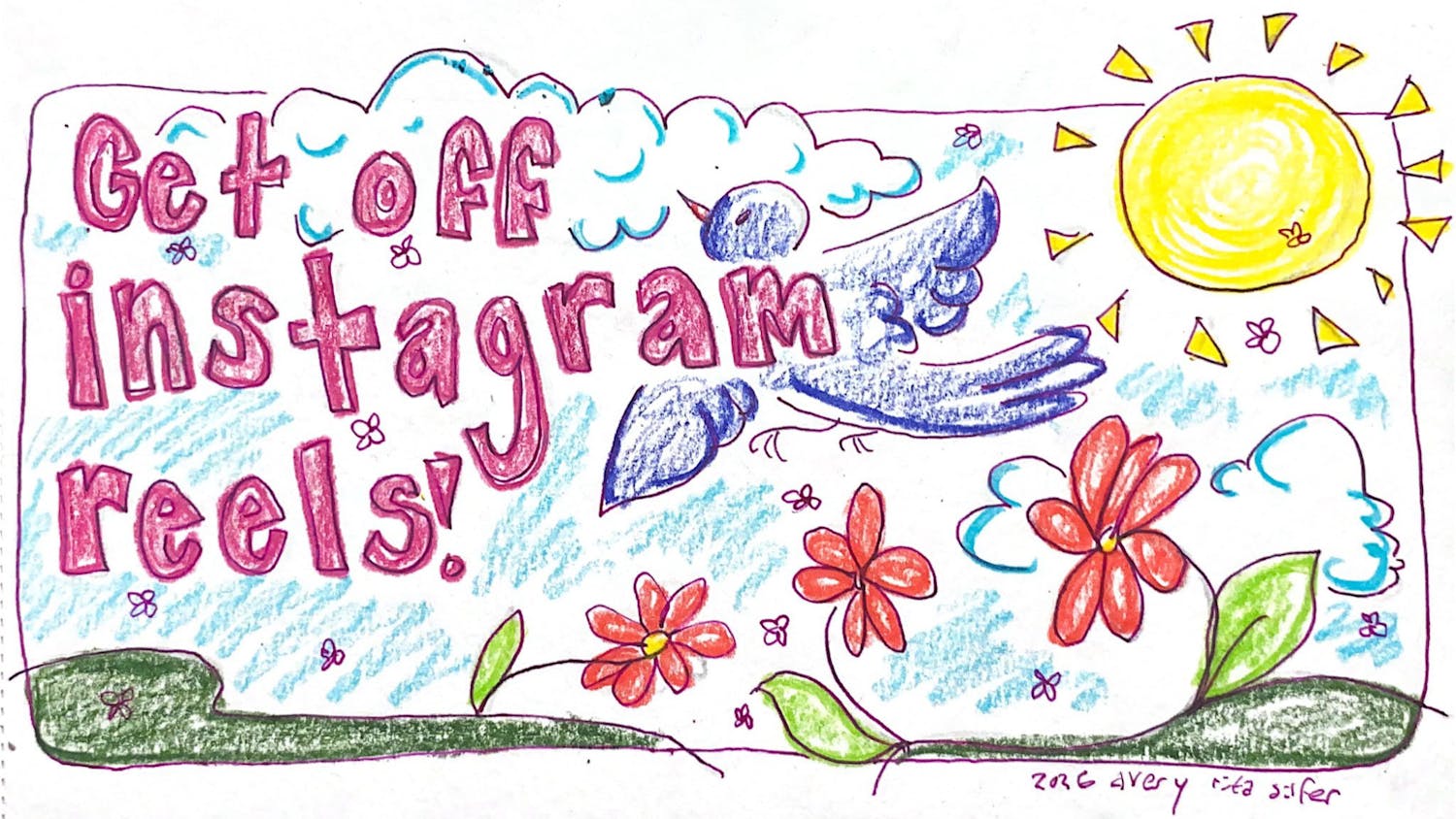Black Lives Matter (BLM) and racial justice took center stage at the University of New Mexico’s Africana studies Black History Month kickoff brunch with guest speaker Melina Abdullah, a professor and former chair of Pan-African studies at California State University, Los Angeles.
Abdullah was among the original organizers of the BLM movement in 2013 and is a co-founder of the Los Angeles chapter.
Abdullah opened her lecture with a brief discussion on Black history, emphasizing the work of Carter G. Woodson. The historian is widely credited for starting “Negro History Week” in 1926, which would eventually lead to the creation of Black History Month in 1976.
A self-described “Panther Cub,” Abdullah, who was born in Oakland, California in the ‘70s and raised during the revolutionary Black Panther activist movement, said an important aspect of Black history is “looking back to move forward.”
On the topic of more localized issues, Abdullah reflected on the current struggle that UNM students and faculty are undergoing to make the Africana studies program an official department. Departmental status, Abdullah said, is essential in order to evidence the University’s full commitment to the Black Lives Matter movement.
“We can remake the university system,” Abdullah said, reiterating that it was not only possible but achievable.
Going further, Abdullah discussed the "freedom campus" demands made by students and faculty at her campus. Some of their demands include defunding campus police and creating full-fledged resources for Black students (i.e. departments instead of programs, 100% of faculty on tenure tracks, physical and emotional resources, etc.).
Abdullah expanded on the national movement to defund the police, which she said is a “nicer way of saying ‘abolish the police.’” The first step, according to Abdullah, is to remove police officers on college campuses.
“Black students are not free or safe because there are police on campus,” Abdullah said.
The discussion moved to voting rights during the Q&A portion of the event, where Abdullah said that voting is a part of honoring the history of the Black community and the advancements in civil rights made over time. Despite those achievements, Abdullah said the political system in the United States has historically been built upon a foundation of white supremacy.
“Black folks did not vote for Joe Biden and Kamala Harris. Black folks voted against Donald Trump,” Abdullah said.
Even more important than voting is organizing, including the revolutionary movements formed in reaction to the murders of Trayvon Martin in 2013 and George Floyd in 2020.
“One of the challenges is (that) we’ve been fed the idea that freedom comes from voting,” Abdullah said.
Get content from The Daily Lobo delivered to your inbox
This movement needs to be led by Black folks, Abdullah said, but it’s also important for others to not only be allies but accomplices in the movement for peace and justice. Abdullah emphasized that there is no such thing as reverse racism.
“When the world cracked wide open with the murder, with the theft of George Floyd’s life, we were ready for the moment,” Abdullah said.
Recent political events entered the discussion, including white supremacy in the U.S. and the insurrection attempt at the U.S. Capitol on Jan. 6. Abdullah said white supremacists have an incentive for violence, and she condemned any comparison to BLM supporters.
“Don’t try to get in the heads of white supremacists ... They are terrorists,” Abdullah said.
Overall, Abdullah said sustainable action — often invisible work that isn’t noticeable until the change has culminated — needs to be taken by everyone every day.
A powerful video about the Black Lives Matter movement was also featured at the event, covering the discrimination and inequality that remains in the U.S. along with the nationwide protests that occurred in the summer of 2020.
“This is a movement, not a moment. Together, we can change the world. Black lives matter,” the end caption read.
Other speakers included video statements from UNM President Garnett Stokes, African American Student Services (AASS) director Brandi Stone and Africana studies director Charles Bucknell. Master of ceremonies Miles Blakemore introduced each speaker and announced questions at the Q&A portion that ended the event.
“Until the lion tells the story, the hunter will always be the hero,” Abdullah said, quoting an African proverb and praising Becknell for bravely fighting for BLM at UNM.
The Ella Jo Baker Leadership Awards were also presented at the start of the event, with former UNM students Moneka Stevens and Beverly McMillan both receiving the community award and Beth Glenn receiving the student award.
Abdullah’s tone throughout the Black History Month kickoff brunch was one of inspiration and motivation, reminding attendees that change won’t come easy but is ultimately achievable.
“Freedom is never given by the oppressor — it must be demanded by the oppressed,” Abdullah said, quoting Dr. Martin Luther King, Jr.
Megan Gleason is the culture editor at the Daily Lobo. She can be contacted at culture@dailylobo.com or on Twitter @fabflutist2716






